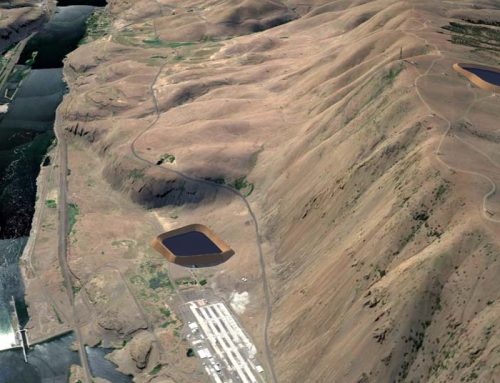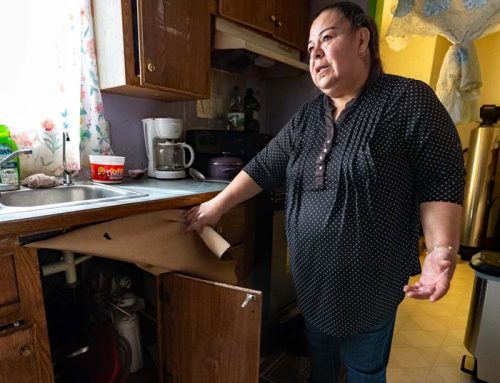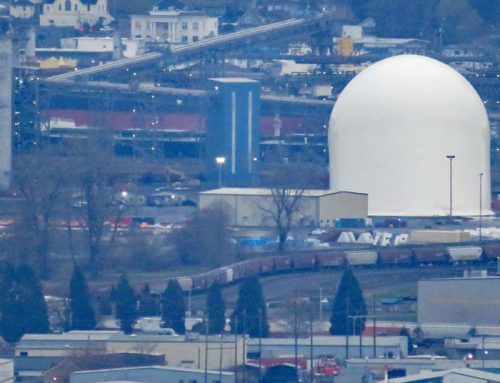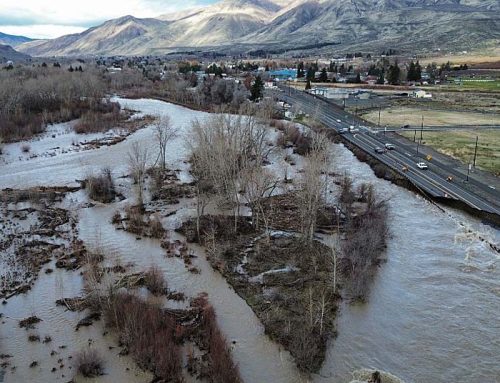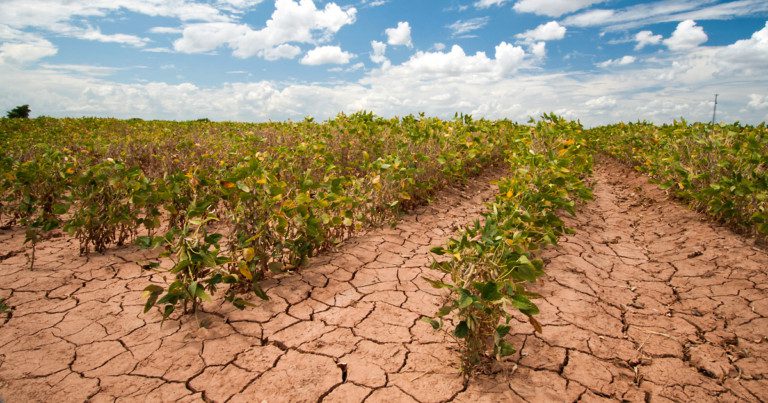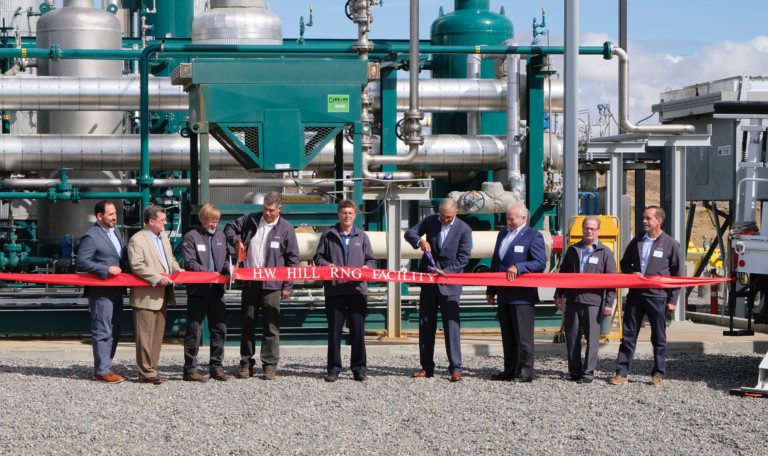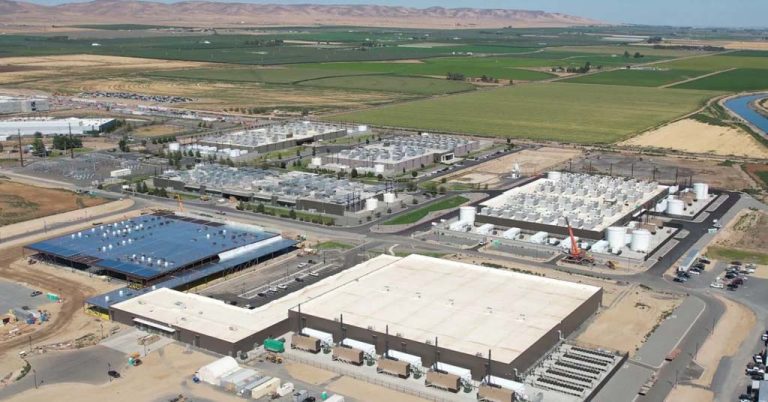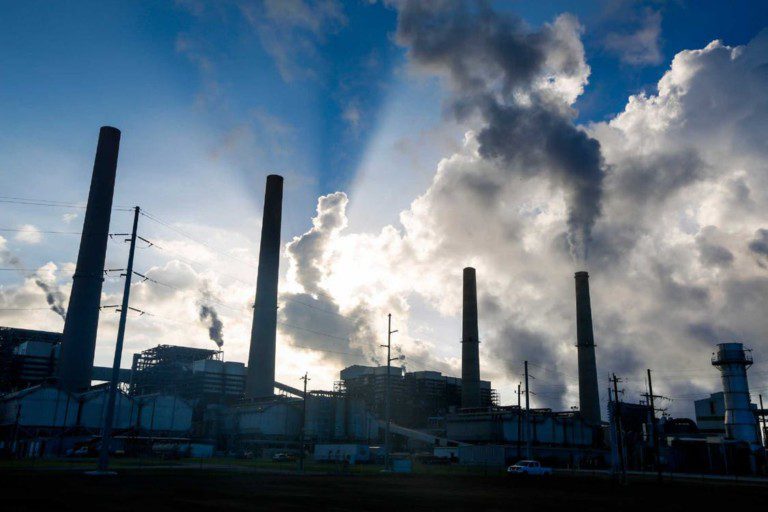Meatless Monday is a global movement with a simple message: once a week, cut the meat.
Now, with increasing concern about the contribution of?animal agriculture to global climate change, Meatless Monday is gaining in popularity around the world, and here in the Columbia River Gorge where a new local campaign has started. EnviroGorge interviewed Lindsay Miller, campaign coordinator for Gorge Meatless Monday to learn about it.
Meatless Monday originated as a Federal government initiative during World Wars I and II, to encourage citizens to consider the impact of their food choices during times of constrained resources.
The campaign, led by the John Hopkins Bloomberg School of Public Health, was reintroduced as a public health awareness campaign in 2003, addressing the prevalence of preventable chronic illnesses like cancer, heart disease, and, diabetes that are associated with excessive meat consumption.
The Meatless Monday literature maintains that if the world reduced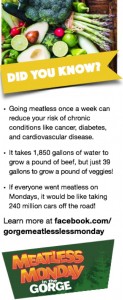 meat consumption by just 15% (by doing Meatless Monday, for example), it would have the same impact on greenhouse gas emissions as taking 240 millions cars off the road each year. Demand for global water resources would decrease as well, given that it takes 1,850 gallons of water to grow one pound of beef, but just 39 gallons to grow a pound of vegetables.
meat consumption by just 15% (by doing Meatless Monday, for example), it would have the same impact on greenhouse gas emissions as taking 240 millions cars off the road each year. Demand for global water resources would decrease as well, given that it takes 1,850 gallons of water to grow one pound of beef, but just 39 gallons to grow a pound of vegetables.
The Food and Agriculture Organization of the United Nations found that global green house gas emissions from livestock come from a variety of sources including feed production (including land use change), enteric fermentation from ruminants (a digestive process producing methane), manure storage, processing, and transportation of animal products.
Ms. Miller explains, “Climate change is a massive and complex problem, and I think we all struggle with figuring out ways that we can actually make a difference. Surprisingly, the choices that we make about the food we eat–right here, everyday–may be one of the most powerful ways that we can help change the future of our environment.”
What about the other 6 days a week for non-vegetarians?
The Gorge Meatless Monday campaign is not asking everyone in the Gorge to stop eating meat altogether, “the thing that I love about this campaign is that it’s not an all or nothing kind of deal–you don’t have to become a strict vegetarian or vegan to make a difference. You can start with just one day a week,” says Ms. Miller.
Cattle raised for beef and milk are the species most responsible for greenhouse gas emissions according to the Food and Agriculture Organization of the United Nations. Oregon State University Small Farms Program suggests that buying meat from local small farms not only reduces the impact from transportation, but the type of farming practices matters. A recent modeling study by National Trust found evidence that traditional grass-based beef production and finishing has environmental benefits due to the carbon sequestration contribution of well-managed grass pasture on less intensive systems, particularly those that had converted to organic status.
EnviroGorge has previously explored ways that farmers are dealing with cow manure to keep methane out of the atmosphere, create fertilizer to grow crops and generate electricity in places like Threemile Canyon in Boardman Oregon. Installing an anerobic digester requires a large financial investment, making it feasible primarily for dairy farms, additionally current energy prices make it difficult for farmers to get a return on that investment. Therefore, fewer than 250 livestock farms in the U.S. that have operational biogas recovery systems.
These systems are complicated and choices about how we can reduce our carbon footprint is daunting for most of us. That is one reason why Gorge Meatless Mondays suggests starting simply by reducing meat intake by one day a week. There are other benefits to eating less meat including financial ones according to Ms. Miller, “When I have the chance to make one decision that is, at the same time, better for me and my family, better for the environment, and better for my bank account, I get really excited. That doesn’t happen very often.”
 [/media-credit]
[/media-credit]
“We’re talking with local hospitals, restaurants, businesses, and cities around the Gorge and hoping to gain their support in getting this message out. To help promote participation in the local campaign, Tofurky will be donating $5 to Gorge Grown’s Veggie RX program for every individual who signs the Gorge Meatless Monday pledge, up to $2,500,” says Ms. Miller. The Veggie RX program provides $20 vouchers for locally-grown produce to people experiencing food insecurity.
“This is a great way to connect the dots between making sustainable food choices and broader issues like food insecurity, which many people deal with right here in our community,” says Rachel Perman, Tofurky’s Director of Charitable Giving.


